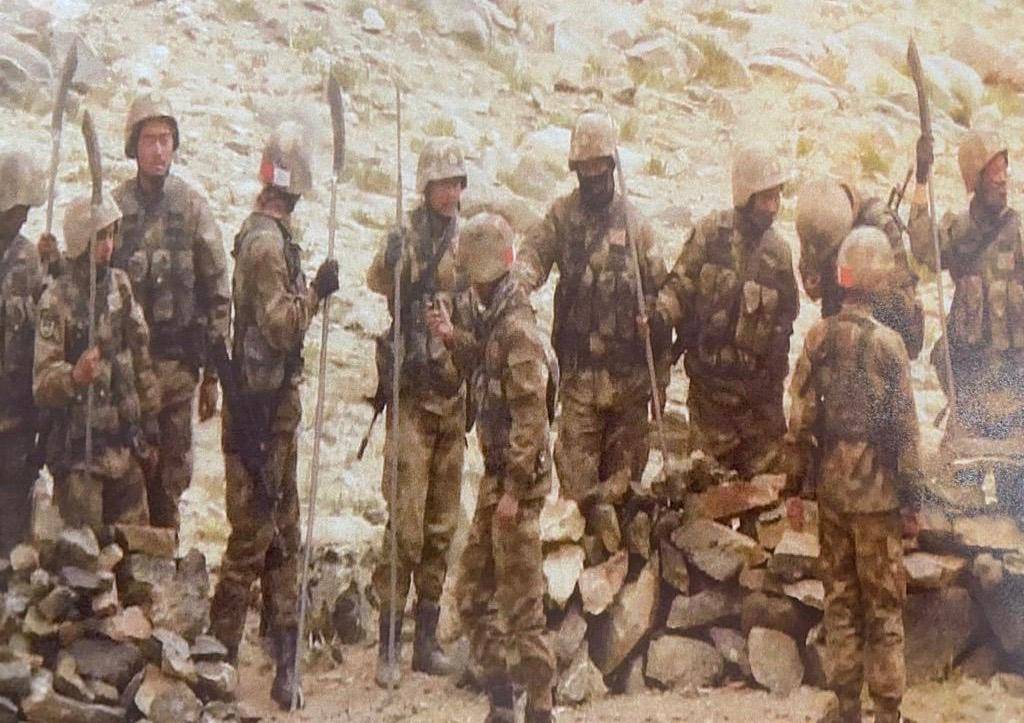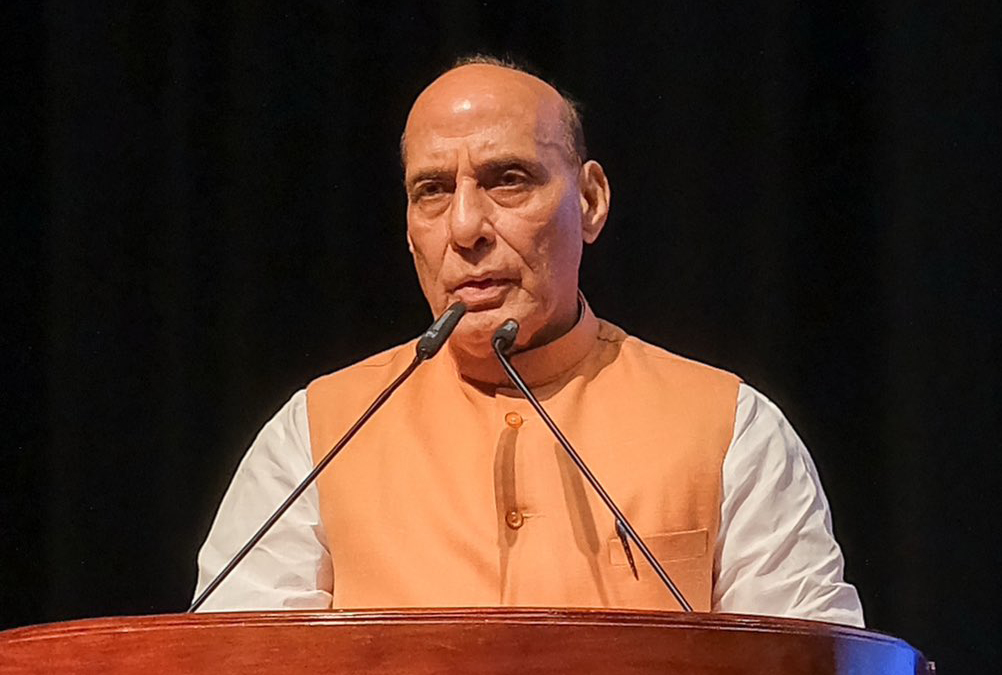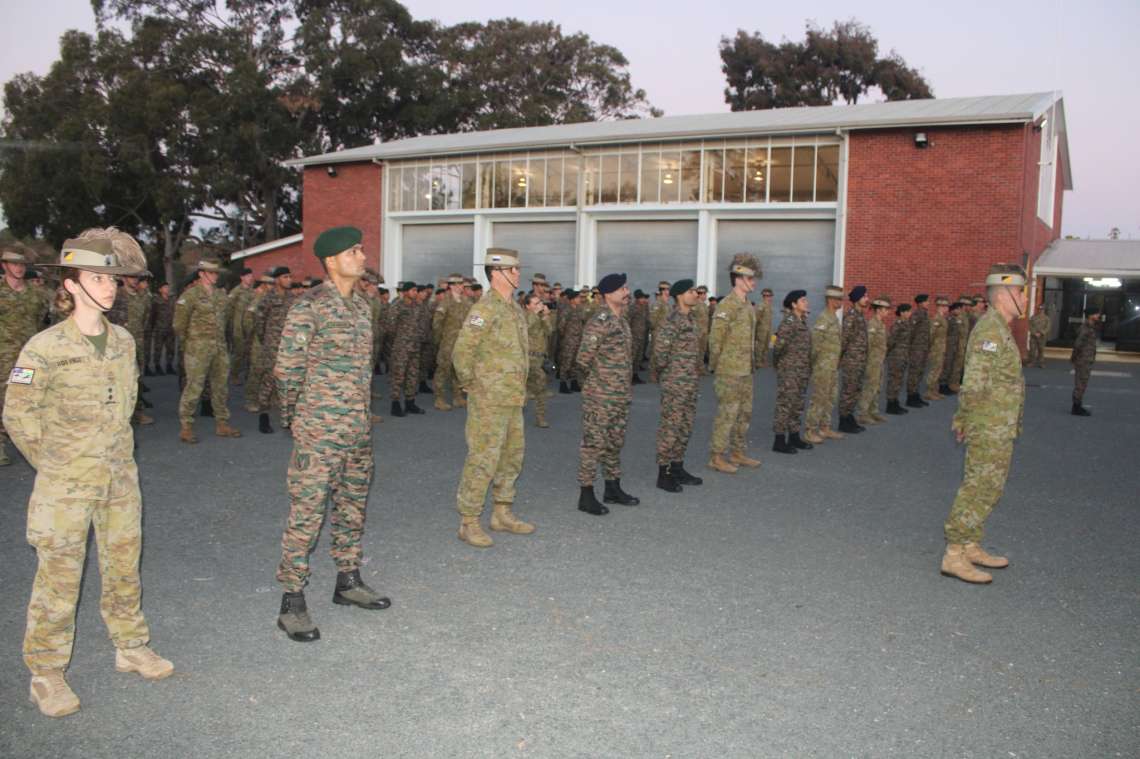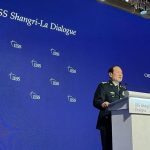This clearly stated that Chinese soldiers, deployed at disputed locations in eastern Ladakh, have started learning Hindi and they are there to stay…reports Asian Lite News
Chinese People’s Liberation Army (PLA) troops, stationed at the disputed Line of Actual Control with India in eastern Ladakh, have started learning Hindi language, indicating they are not moving back.
CCTV-7, China’s military TV network devoted to the PLA, has recently broadcast visuals of PLA soldiers deployed near Pangong Tso learning Hindi. It showed a notebook of a soldier which says: “Hum Chini Sainik hain. Yeh humare commander hain. Hum batcheet kare? (We are Chinese soldiers and this is our commander. Shall we talk)?”
The state media broadcast headline stated: “Mastered Hindi in 4 months! He negotiated with foreign troops on the front line of border defence.”

This clearly stated that Chinese soldiers, deployed at disputed locations in eastern Ladakh, have started learning Hindi and they are there to stay.
On his recent visit to India, Chinese Foreign Minister Wang Yi, during his talks with Indian counterpart Subrahmanyam Jaishankar and National Security Adviser Ajit Doval, had stated that China and India should not let the border issue define or affect the overall development of the bilateral relationship.
He reiterated China’s stated position that the LAC standoff should be placed in its “proper position” while the two sides take forward ties in other spheres.
To this, both Jaishankar and Doval, in their separate meeting with Wang, sent a clear message that the disturbed situation will continue to hold up normalisation of bilateral relations and asked for speedy disengagement of troops at all friction points in Ladakh sector in order to set the stage for de-escalation along the LAC.
Jaishankar said that 15 rounds of military talks and eight rounds of diplomatic talks had resulted in disengagement at several friction points but more needs to be done.
“This needs to be taken forward since the completion of disengagement is necessary for discussions on de-escalation to take place. I would describe our current situation as work in progress, obviously at a slower pace than desirable and my discussions with (Wang) were aimed at expediting the process,” he had said.
Jaishankar said he was “very honest” in conveying “our national sentiments” that tensions created by China’s troop deployments since April 2020 “cannot be reconciled with a normal relationship between two neighbours”.














